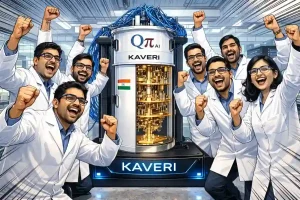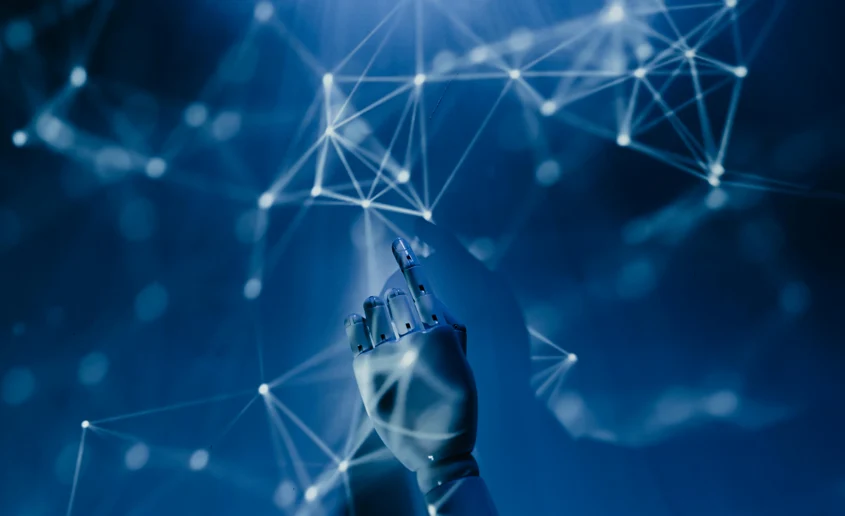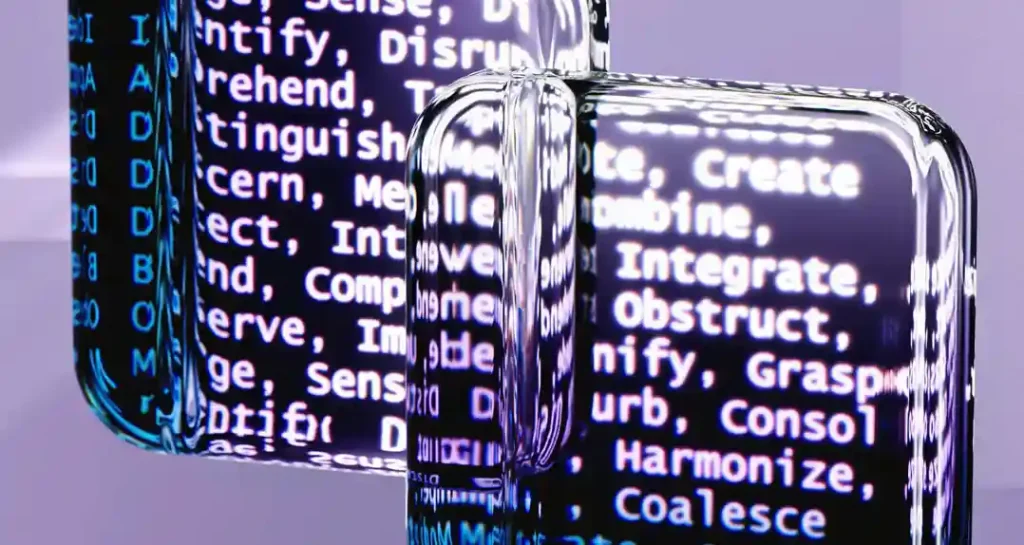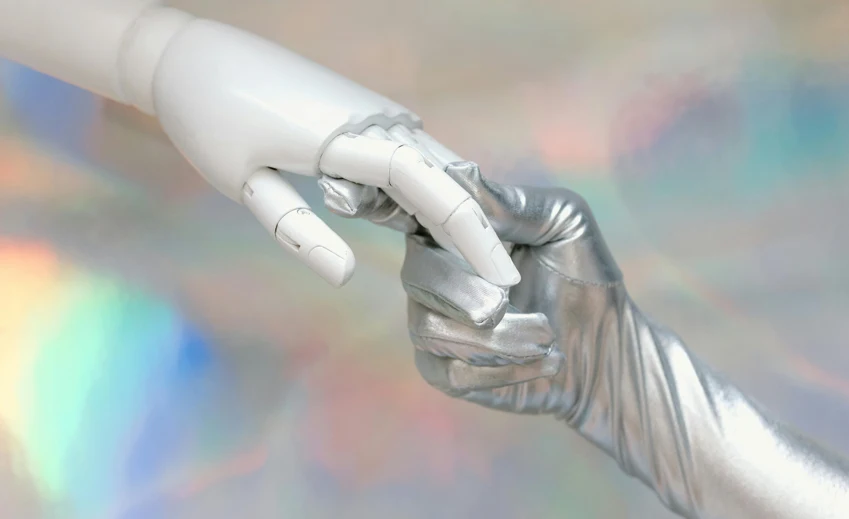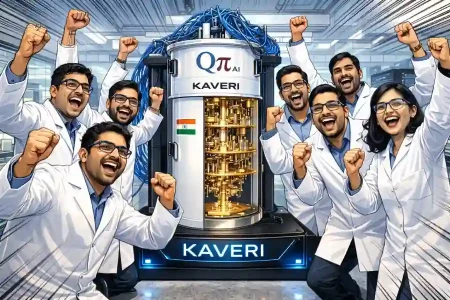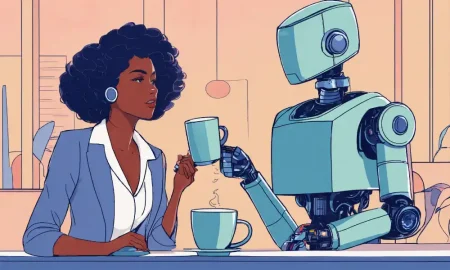The 2025 edition of Microsoft’s annual report talks about a transformative shift that integrates hybrid human-AI agent teams to increase efficiency and innovation
Recently, Microsoft announced its fifth edition of the annual Work Trend Index Report. In previous editions, the report had mentioned how AI tools were helping business scale rapidly and improve efficiently. But the 2025 report talks about how some companies are evolving. AI agents are more than just tools, they are now part of the team.
These AI agents are active collaborators in everyday operations and companies that are already using these have been hailed as ‘Frontier Firms’
What are Frontier Firms?
“Intelligence is becoming abundant, affordable and available on demand,” begins the report.
At traditional companies, AI is used passively to speed up repetitive tasks but Frontier Firms use AI as an active layer across cross-functioning teams. This allows humans to focus on creativity, strategy and empathy while AI agents take care of tasks like pattern recognition, process optimisation and real-time learning.
According to the Microsoft report, these Frontier Firms stand out by their usage of AI agents that can “plan, act, and learn, working alongside human employees.” By leveraging “intelligence on demand,” these companies can expertly and efficiently scale operations at a very quick pace while also keeping up with changing business trends and needs.
Intelligence on Demand
By relying on AI agents, employees no longer need to carry all knowledge in their heads or depend on human teammates to help out with execution.
The AI agents are always available and this helps companies to scale at a faster pace, adapt to market changes quickly and focus on strategic thinking instead of grunt work.
Picture this: You are launching a company or even a new product within a company. Your AI teammate will compile all the data, suggest content formats, set timelines and even write the first draft. All this while you look at and plan out the bigger picture.
Redefining Org Charts & Team Dynamics
As these AI agents become part of workflows, traditional organisational structures won’t work anymore. Team structures are being reimagined with companies adopting more fluid, outcome driven models. Team members – both human and AI agents – are being selected based on tasks, not titles.
This also means that managers need to move from managing people in silos to managing a collaborative ecosystem of humans and AI agents. The manager of the future will focus more on collaboration and less on control.
Skills & Mindsets for the AI Era
The report suggests that companies that achieve success and thrive in the future will not just be the ones with the best tech but the ones with the right mindset.
For the company leadership, this means:
- Reframing productivity: This means a move from number of hours worked to the total impact created.
- Empowering experimentation: This means teams should be given the freedom and the support to explore AI tools that speed up efficiency.
- Investing in skills: These skills include AI fluency, critical thinking and ethical usage.
For employees, this means focusing on how they can collaborate with AI instead of seeing it as a threat. Because despite everything that AI can do, there are certain aspects of any role that humans are definitely better at, such as judgment, storytelling, negotiation and empathy.
The revolution is already underway in India. Companies like TCS, Infosys and Cigniti are already using AI-powered test automation to reducing manual efforts while improving test coverage and quality assurance.
The Risks of Falling Behind
The report has warned that companies that delay in adopting AI agents and trends run the risk of becoming obsolete.
There is also a change in employee expectations from their companies. Apart from salaries and perks, employees are also interested in knowing how much of their work would be meaningful and how much of the grunt work will be taken off their plate by AI agents.
And if the company is not willing to harness AI agents to increase efficiency, it runs the risk of losing top talent to its competition.
The Last Word
As AI continues to become more and more integrated in the workflow, the future of work will no longer be defined by humans alone. It will be a collaboration between human intuition and machine intelligence. The best performing companies will be hybrid: fast, fluid and run by brains as well as algorithms.
Long story short, the 2025 Work Trend Index has highlighted that hybrid workflows that collaborate with AI agents is not a novelty, it will become the norm.
So better get on the boat before you get shipped out.
In case you missed:
- Agentic AI could be the Breakthrough Indian SMBs were Waiting For
- Microsoft Cuts 9000 More Jobs: The Human Cost of their AI Strategy
- The Future of Online Marketing: Adobe introduces AI Agents
- AI on Trial: Copyright Law caught between Innovation and Litigation
- Target, NVIDIA Best Tech Workplaces in India, Amazon, InMobi among Worst
- Google’s HOPE Model: A Big Leap Toward AI That Never Forgets
- From Silicon Valley to Gaza: Microsoft’s Cloud could be Israel’s War Machine
- Mary Meeker’s AI Report: ChatGPT is Growing Faster than Google Search
- From Curiosity to Utility: Inside 1.5 million ChatGPT Conversations
- How Google’s VaultGemma Pushes the Boundaries of Safe AI


